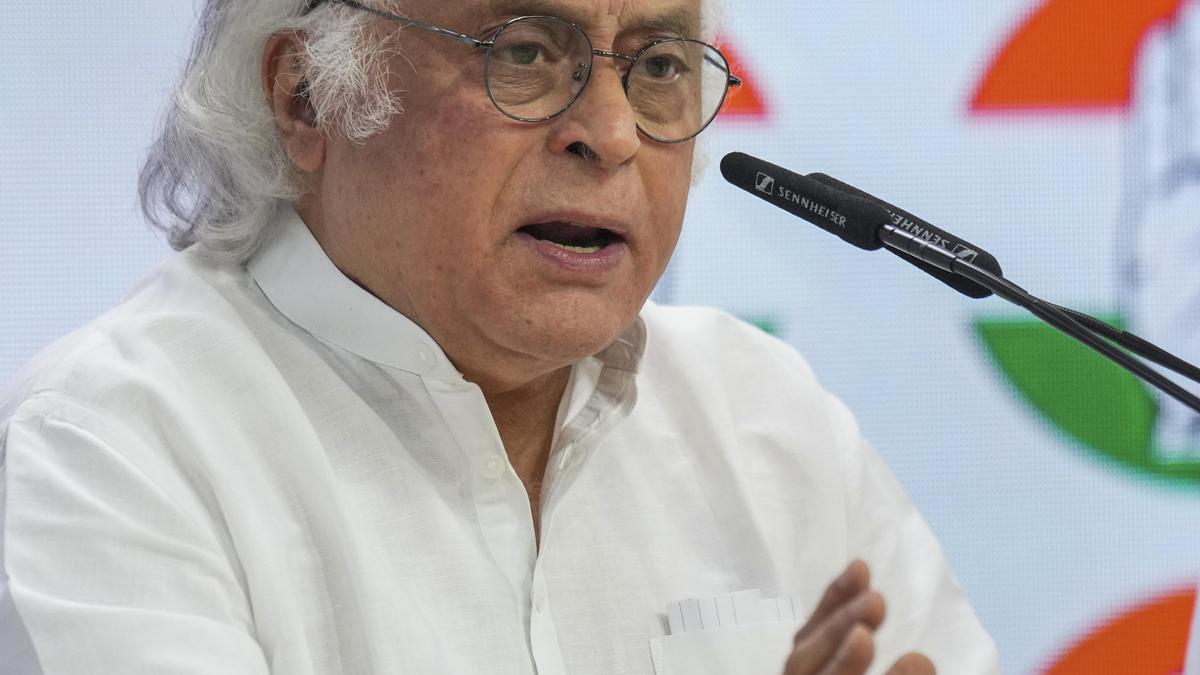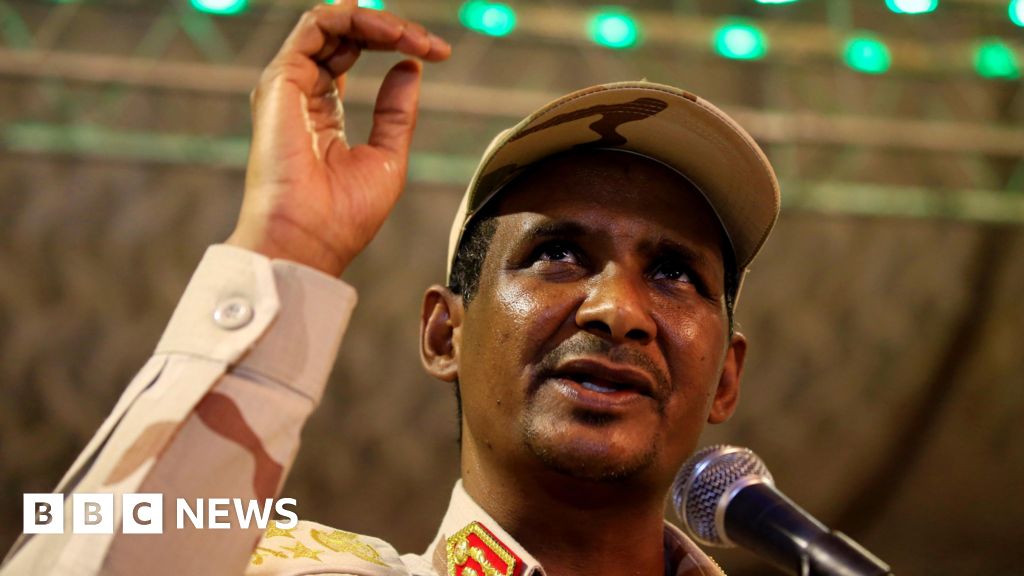Copyright thehindubusinessline

The Congress on Thursday accused the Bharatiya Janata Party (BJP) government of attempting to “erode the Constitution” and promote Rashtriya Swayamsevak Sangh (RSS) ideology through the draft Shram Shakti Niti 2025 — India’s proposed National Labour and Employment Policy. Congress General Secretary in charge of communications, Jairam Ramesh, said the policy’s reference to ancient texts such as the Manusmriti is “an insult to the Constitution” and contrary to the vision of Dr BR Ambedkar, the Constitution maker. “On November 26, 1949, when the Constitution was adopted, the RSS attacked it, saying it was not based on the Manusmriti. Now, this government says its labour policy draws inspiration from that very text. This is condemnable and against our Constitution,” Ramesh said. The Congress leader criticised the draft policy for allegedly focusing more on the organised sector while ignoring the unorganised workforce, which comprises the majority of India’s labour force. He compared it with the Congress’s earlier demands for a daily minimum wage of ₹400, regularisation of contractual jobs, comprehensive insurance for unorganised workers, universal health coverage up to ₹25 lakh, and an urban employment guarantee scheme similar to MGNREGA. “The caste system and casteism in our country are contributions of the Manusmriti. To draw policy inspiration from it is an insult to our Constitution,” Ramesh added. According to the draft released by the Ministry of Labour and Employment on October 8, Shram Shakti Niti 2025 aims to create “an inclusive, fair, and resilient labour ecosystem that upholds dignity, fosters productivity, and ensures access to decent work for every worker, irrespective of sector, gender, or geography.” Three phases The policy is proposed to be implemented in three phases. Phase I, to be rolled out from 2025 to 2027, will see the institutional setup and integration of social security systems. Similarly, in Phase II, nationwide rollout of universal social security accounts, skill-credit systems, and district-level employment facilitation cells will take place between 2027–2030. Finally, consolidation of initiatives and long-term evaluation will happen in Phase III from 2030 to 2047. An inter-ministerial body, the National Labour and Employment Policy Implementation Council, chaired by the Union Labour Minister, will oversee the rollout, supported by state labour missions and district resource centres. Not just the opposition parties, even trade unions are also skeptical of the proposed reform. Voicing objections, Tapan Sen, General Secretary of the Centre of Indian Trade Unions (CITU), said the draft seeks to turn the Labour Ministry into a “facilitator” rather than an enforcer of labour laws. “It fails to address the widespread non-compliance by employers and seems designed to promote this regime further. This direction runs contrary to the recommendations made by the first National Labour Commission in 1969,” Sen said. The Labour and Employment Ministry has invited public feedback on the draft, describing it as a policy aligned with the vision of Viksit Bharat @2047. It envisions integrating key national databases such as EPFO, ESIC, e-Shram, and the National Career Service (NCS) into a unified “labour stack” to support social protection, skill development, and employment matching. Published on October 30, 2025



